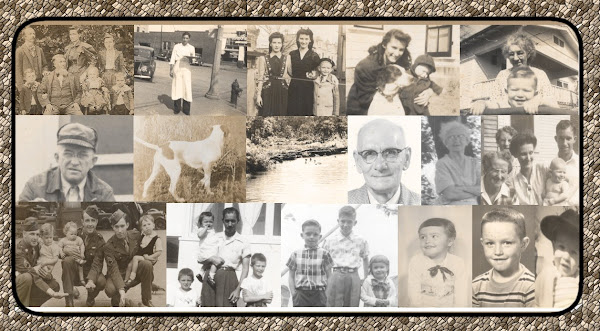
...Examination of Suffix, Prefix and Historical Meanings
Origins of ‘Gort/Gert’
The ‘prefix’ or beginning spelling of the family name, Gortner/Gertner, from which Cotner is evidently derived.
The lands from which our Cotner family’s ancestors likely sprang are in and around a region of what is now Germany and Switzerland near the Rhineland Pfaltz area but may have roots further back in both time and culture. As in all of Europe, this area has a long, interesting and turbulent past. Pre-Roman Empire invasion, pre-Circa 55 B.C., this area and most of Europe, the British Isles and onward to the Black Sea were inhabited by a civilization of people loosely known as Celts, pronounced “Khelt”, not “selt”. Today, we tend to think of something ‘Celtic’ as being of Ireland or some other part of the British Isles but in an historical sense, that is not entirely correct. As editor Miranda J. Green documents in her excellent book, The Celtic World, the archeological record available to us now, proves the Celtic societies of that time had a vast trade network stretching out from the Isles, across Europe to the Black Sea, the Mediterranean and beyond. This interaction also likely spawned exchange of not just goods and services but of cultural, social and religious ideas as well. This was the origin of true Western Civilization.
Research to this point reveals the Celtic name “Gort” has at least two separate meanings depending on whether you are looking at the British Isles Celts (primarily Ireland) or the Continental Celts. In Ireland’s Celtic language, Gort most often seems to refer to ‘a tilled field’ and is generally considered a better class of field, i.e., an arable one where good grains were grown. Turns out, Gort is a rather prolific name prefix in Ireland and is likely to have been in common usage among Celts of both the British Isles and on the Continent, pre-Roman invasion, where the term Gort means ‘Ivy’. The prefix ‘Gert’ is a reference to the common Teutonic male name, Gert, meaning ‘warrior’.
Origins of ‘ner’
The ‘suffix’ or ending spelling of our family name, Gortner/Cotner
The suffix ‘ner’ appears in other language groups in different parts of the world, but my focus is on the Celtic areas from which our ancestors were known to have come, specifically once-Celtic lands of Europe, now known as Germany, Switzerland and their surrounding areas.
Grammar of the Germanic language, like all ever-evolving languages, is replete with irregularities in forming nouns from names of countries, groups of peoples and occupations. The so-called ‘foreign’ names are often or have often been changed, as Gallier-an inhabitant of Gaul (Gallien); Spanier-an inhabitant of Spain (Spanien); Italiener-an inhabitant of Italy (Italian). In some foreign names the endings a’ner, ‘I’ner are added to the stem in imitation of Latin endings such as inus and ensis. An example of this is: Amerika’ner, American.
With the information at hand then, it seems a likely and fun hypothesis to consider the meaning of the Gortner/Gertner family name. It is possible to propose a not-too-far-fetched and somewhat intelligent thought that the original Gortners may likely have been an agricultural group within their culture and as they moved into what is now Germany from other parts of the Celtic world, the family unit may have gone from being known as Gort, to having the 'ner' added to their name to indicate that they came from a land or area somehow ‘foreign’ to those already occupying the regions in and near the Rhineland Pfaltz. If the Swiss prefix ‘Gert’ is inserted into this family equation, it could mean a family (by name at least) of warriors who settled into the Germanic region from what is now Switzerland . This is conjecture on my part, but is never-the-less an entertaining exercise based on currently known data.
More on this as new information becomes available.












No comments:
Post a Comment